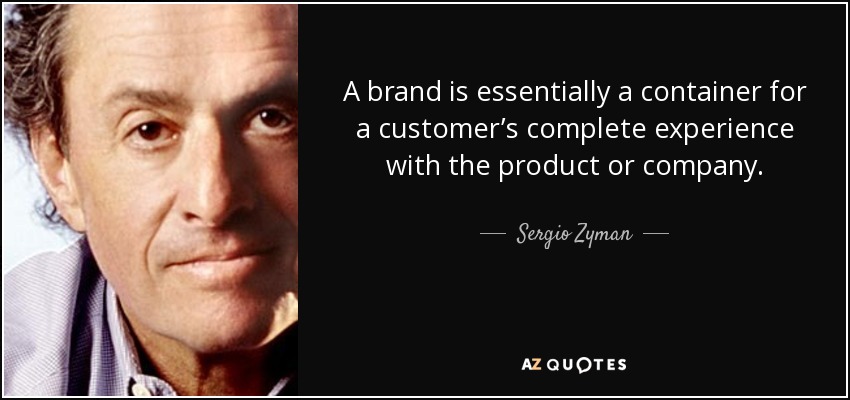Do you have a feature, product or a company?
So you get to your awaited pitch in front of the VC partner.
You are all excited about what you are going to say, you revised your slides and rehearsed them SO many times…
Alas, now is the time to make your pitch.
What you may want to think about before the pitch, is a simple question that may have a complex answer:
Are you pitching a feature, a product or a company?
Isn’t EVERY pitch about a company? I even incorporated it and all…
No.
Then what is the difference?
Feature – is a something that can not be used on its own. It’s meant to be used inside, alongside, or as an enhancement to a product. Don’t get me wrong, there are very large businesses that are selling “features”.
For example, if you develop a mobile app for iOS, and relay on Apple to run the App Store for you to be found and installed – you are a “feature” of their product. Yes, I know, it sounds weird.
Ask yourself this: if Apple did not have any iOS devices, and did not have an App Store, is your “product” useful on its own?
No.
Another example of a feature is a phone case. Do you agree that on its OWN the phone case is useless? It is not a product that can deliver value to the buyer on its own. It is ALWAYS enhancing the phone (product). The value proposition of this feature is securing the phone and protecting it from accidental drops.
Let’s talk about ketchup. It’s a feature, NOT a product. Have you ever consumed ketchup out of the bottle, on its own?
The idea of a condiment is exactly the definition of a feature.
Condiment – “A condiment is a spice, sauce, or preparation that is added to food to impart a particular flavor, to enhance its flavor, or in some cultures, to complement the dish.”
However, a company like Heinz can build a huge business around always adding value to hotdogs and hamburgers. Yet, in every case, they are not the main product you buy, they are a “feature.”
A lapel pin business would not be thriving without other companies making business suites with lapels… because it is a feature, not a stand alone product.
Other examples of features: WordPress plug-ins, browser toolbars, drinking straw etc.
Product – is something that can be used on its own or in conjunction with other products and/or features.
When you buy a car, you drive it off the lot, and it serves the purpose you bought it for. Even if you never add a better sound system, paint it with flames pattern, or buy nicer rims. It will drive you from A to point B. It’s a product, in its own right, and will work without interacting with other products/features.
The edge case in the car example is fuel. You may get some fuel when you buy the car, but it is not part of the “product.” We can have the philosophical discussion about it, or consider it part of the basic element the product needs. Much like a human is dependent on oxygen, which is NOT part of the human.
The point is to ask yourself, what is the businesses you are pitching to the VC. Is it a feature that relies on someone else’s product/platform or can it be used on its own.
Company – is a business that aims to sell a collection of products, and/or features. The ultimate technology product is a platform. As it usually can provide value on its own, and is specifically designed to allow features to be added.
Salesforce, WordPress, AWS are all platforms that can be used on their own as products, and are meant to allow other features to be added on top, mainly through a marketplace.
Other examples of companies that are not a platform per se, are CISCO, Netgear, FitBit, GoPro, Peloton, Ring. They have developed a collection of products around the core value proposition, albeit without being a technology platform.
A VC would like to see that what you are building can end up as a company. But don’t try to stretch your story just so it sounds better. They are familiar with the art, and can see right through it.
In many cases the founder is the one that holds back the potential, by pitching and thinking about a feature, while not seeing that a company can be built here. This is ascribed to having too small of a vision.
Consider these founders and companies, had they only stuck to their original value propositions:
Nike – would only make shoes
Sony – would only make radios
Nokia – would only make boots
IBM – would only make typewriters
Amazon – would only sell books online
Google – would only do web pages search

